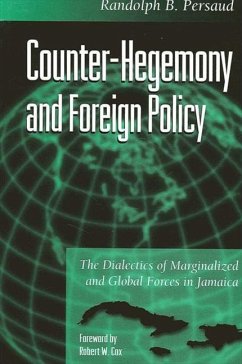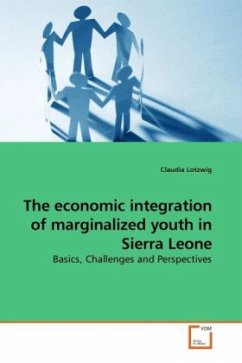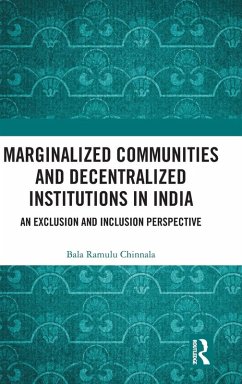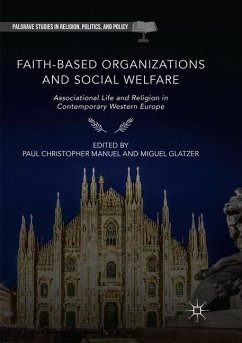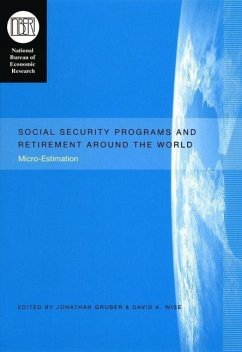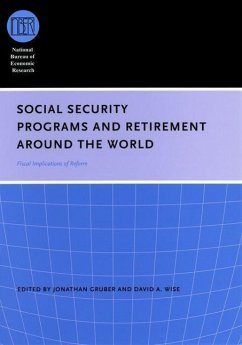Nicht lieferbar

Marginalized in the Middle
Versandkostenfrei!
Nicht lieferbar
Addressing volatile social issues such as gender, pornography, race, welfare, immigration, and schooling, Wolfe examines the ills of American society in the 1990s. Through readings of Andrew Hacker, Elijah Anderson, and Christopher Jencks, for example, he offers a penetrating critique of our thinking about race. Similarly, his discussion of gender and feminism questions whether feminists have sacrificed the concerns of women for the sake of theory. Wolfe uses these and other readings to illustrate the paradoxes of social criticism. Exposing the weaknesses of mere polemics, Wolfe shows how some...
Addressing volatile social issues such as gender, pornography, race, welfare, immigration, and schooling, Wolfe examines the ills of American society in the 1990s. Through readings of Andrew Hacker, Elijah Anderson, and Christopher Jencks, for example, he offers a penetrating critique of our thinking about race. Similarly, his discussion of gender and feminism questions whether feminists have sacrificed the concerns of women for the sake of theory. Wolfe uses these and other readings to illustrate the paradoxes of social criticism. Exposing the weaknesses of mere polemics, Wolfe shows how some critics sacrifice fruitful social criticism for the sake of preserving political commitments. He concludes that social criticism does not lie within the boundaries of either left-wing or right-wing ideas, but rather is connected to a broad understanding of liberalism. Wolfe shows that it is possible to be critical and fair at the same time, and fair at the same time, and pinpoints exactly what is at stake in these controversial debates. This immensely readable book illustrates the power of social criticism to enlarge discussion of issues at the heart of democracy today.




